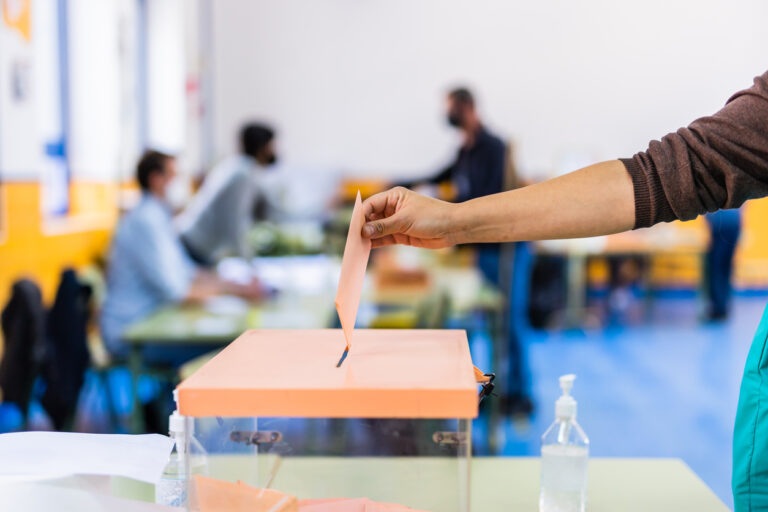All around the world, the impact of the pandemic is dominating reviews of the year just gone. The “coronavirus crisis” erupted suddenly and unexpectedly into our daily lives and has become a new focal point for political cooperation, often making other global challenges such as climate change seem less pressing by comparison. It is a different story in the Arctic, where there is an urgent need for action in both tackling the coronavirus crisis and dealing with the transformative effects of the climate crisis. Markus Rex, leader of the MOSAiC expedition to the Arctic, describes climate change in a poignant manner: “The Arctic ice is dying.”At the same time, COVID-19 is infecting more and more people in the remote region – people for whom providing medical care poses a unique challenge. The EU, which will adopt a new Arctic policy next year as part of the European Green Deal, therefore needs to harness the current momentum for political cooperation if it is to mount an effective fight against the twin crises of coronavirus and climate in the Arctic and around the world.
“What happens in the Arctic does not stay in the Arctic. It affects us all.” – this clear indication of the region’s importance came from Virginijus Sinkevičius, the European Commissioner for Environment, Oceans and Fisheries, shortly before the launch of the public consultation on the EU’s new Arctic policy. The EU intends to play a pioneering role in the future, armed with a “clear and coherent Arctic policy”. If this is to succeed, the EU will need to take the lessons learned from the pandemic into account because COVID-19 has exacerbated existing inequalities and challenges in the region, particularly in terms of infrastructure and healthcare. During the pandemic, for example, Arctic communities that live far away from major healthcare centres have been more reliant than ever on the limited infrastructure (including digital infrastructure). High transport costs, border closures and disrupted supply chains often pose a risk to people’s lives.
Read the full article here.
This publication first appeared on the DIE site.
Author: Jacqueline Goetze and Dorothea Wehrmann, DIE.
Photo by United Nations COVID-19 response on Unsplash.
The views are those of the author and not necessarily those of ETTG.



